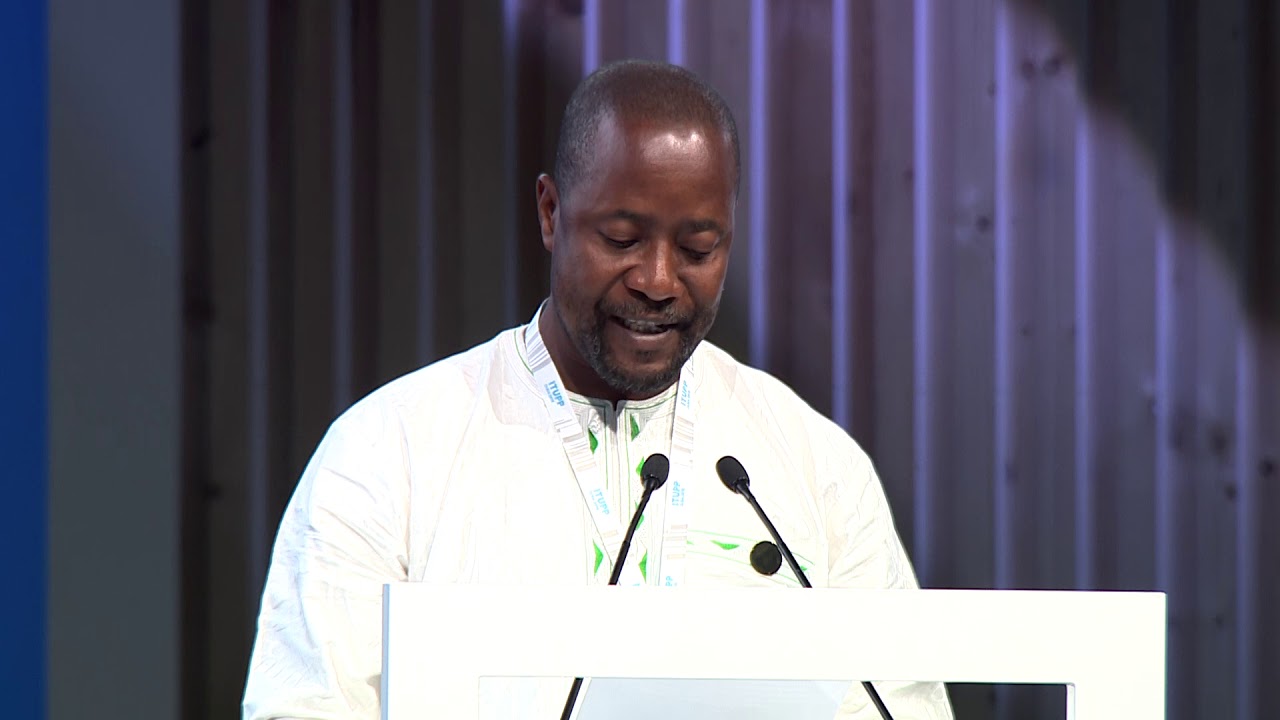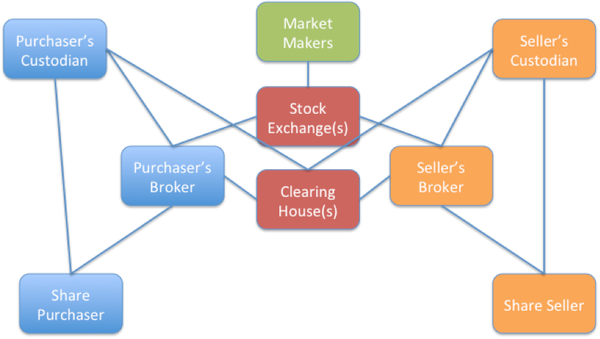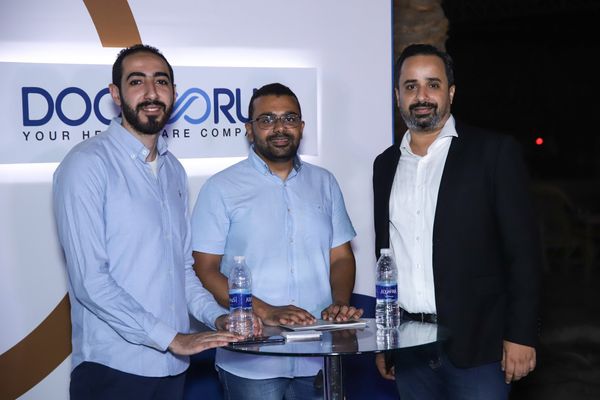The best time to do agriculture in Africa is probably now. African Green Revolution Forum (AGRF), has secured $500 million for young ‘Agripreneurs’ across the continent to develop agriculture opportunities on the continent.
Here Is All You Need To Know
- AGRF is the first ever forum for African agriculture, pulling together stakeholders across the agricultural landscape to discuss and commit to programs, investments and policies to achieve an inclusive and sustainable agricultural transformation across the continent.
- The funding was raised from firms such as Dangote Farms, Press Agriculture, Pearl Dairies Ltd, and Fresh Ltd. In addition, a Unilever-IDH partnership committed $28.6 millions towards investments in small and medium size enterprises (SMEs) working in variety of food-related endeavors.
- Some 17 country delegations presented investment opportunities worth in excess of $2 billion.
- The proposed investments, coupled with support from various stakeholders, is anticipated to impact more than 15,000 smallholder farmers and create seven million jobs.
- Mastercard Foundation announced plans to invest $500 million to launch a new Young Africa Works program. The initiative will provide a major infusion of capital to support the efforts of a new generation of young “agripreneurs” who are investing their talent in farming and other agriculture-oriented ventures.
- The forum also set up a “Deal Room” that delivered some $200 million in new investments to support digital infrastructure crucial for powering innovative farmer services, significant actions on climate change adaptation, and the launch of a major food trade coalition.
- The Agribusiness Deal Room at the AGRF was made possible with the support of core design partners, including the African Enterprise Challenge Fund (AECF), AGRA, the African Development Bank (AfDB), CrossBoundary, GAIN, GrowAfrica, the International Fund for Agricultural Development (IFAD), the Tony Blair Institute for Global Change, and the US Agency for International Development (USAID). The Deal Room also received advisory support from the World Economic Forum (WEF).
“The potential benefits of the AGRF to the African continent are beyond contention,” said Ghana President H.E. Nana Addo Dankwa Akufo-Addo. “We must galvanize our collective resources and energy to fully exploit the opportunities it presents.”
- The Agribusiness Deal Room saw private and public sector stakeholders commit over $200 million to develop and strengthen several value chains in Malawi, Mozambique, Nigeria, Uganda and Eswatini.
Embracing the Potential of Digital Innovations for African Agriculture
The theme of this year’s AGRF was “Grow Digital: Leveraging Digital Transformation to Drive Sustainable Food Systems in Africa.” AGRF 2019 featured a rigorous and informative series of technical assessments, policy analyses, and political discussions that produced a new level of consensus that could dramatically accelerate efforts to use digital innovations to make farming in Africa more productive, profitable, sustainable and inclusive.
The discussions were anchored by the presentation of the Digitalisation of African Agriculture report from the Technical Centre for Agricultural and Rural Cooperation (CTA) and Dalberg Advisors. Its key findings include the fact that some 71 percent of users of digital agriculture or D4Ag services across the continent are under 35. The CTA report found more than 90 percent of the market for digital services that support African smallholders remains untapped and could be worth more than $2.26 billion. The study also found nearly 400 different digital agriculture solutions are currently in play, serving 33 million registered farmers across sub-Saharan Africa.
The report estimates the number of registered farmers and the number of digital solutions are growing so rapidly that they are likely to reach the majority of the region’s farmers by 2030.
“Digitalisation can be a game-changer in modernising and transforming Africa’s agriculture, attracting young people to farming and allowing farmers to optimise production while also making them more resilient to climate change”, said Michael Hailu, Director of CTA.
There was much discussion at AGRF 2019 about the need for investments in the basic infrastructure and data systems that will provide the critical foundation for D4Ag services. To that end, there was news at AGRF that the World Bank plans to invest US $50 billion in Transforming Africa’s Digital Economy.
The Bank is committed to ensuring every African, including every African business and government, is digitally enabled by 2030. The investments include support for broadband infrastructure; digital skill development; digital platforms; digital financial services; and digital entrepreneurship. One key goal is to double access to broadband services across the continent by 2021.
The Forum Also Saw A New Alliance on Food Trade
The AGRF 2019 featured the launch of the new Africa Regional Food Trade Coalition. The Coalition was developed by a large and diverse coalition of leaders from the public and private sector. They are building on the foundation established by the new African Continental Free Trade Area (AfCFTA) and market opportunities evidenced in the region’s $35 billion annual food import bill. The goal is to increase regional food trade via more predictable policies and mechanisms that encourage new agribusiness investments that capitalize on the rich diversity of farming ecologies across the continent.
A Regional Food Trade symposium showcased a number of data innovations that could help advance food trade in the region.
SMEs are Big Business in Africa Ag: The “Hidden Middle” Takes Center Stage
AGRF 2019 featured the launch of a provocative new report that busts a major myth of Africa agriculture: that there is a “missing middle” of small and medium-sized enterprises (SMEs) available to power the region’s food systems. AGRA’s 2019 Africa Agricultural Status Report (AASR) presented new evidence that the “missing middle” is actually a “hidden middle” of SME-powered agri-food supply chains that recently has experienced a “quiet revolution.”
The report found that today, millions of SMEs are sourcing directly from millions more smallholder farmers across Sub-Saharan Africa, accounting for 64 percent of the volume of food consumed in the region. The report noted that the rise of SME’s has been largely unrecognized by policymakers, even as it has bridged gaps that previously separated most small-scale farmers from commercial markets.
“SMEs are the biggest investors in building markets for farmers in Africa today, and will likely remain so for the next 10-to-20 years,” said Dr. Agnes Kalibata, President of AGRA. “They were not missing, just hidden.”
For more information visit African Green Revolution Forum (AGRF)’s website
Charles Rapulu Udoh

Charles Rapulu Udoh is a Lagos-based Lawyer with special focus on Business Law, Intellectual Property Rights, Entertainment and Technology Law. He is also an award-winning writer. Working for notable organizations so far has exposed him to some of industry best practices in business, finance strategies, law, dispute resolution, and data analytics both in Nigeria and across the world.
























